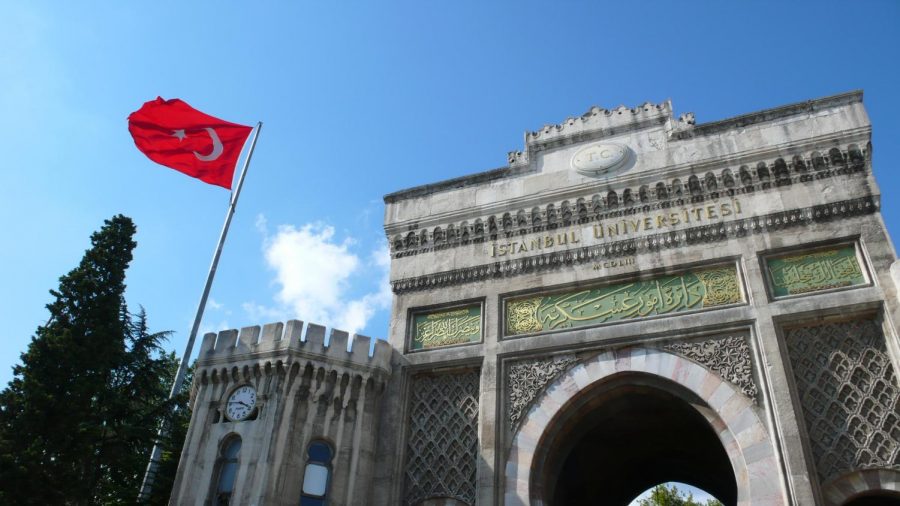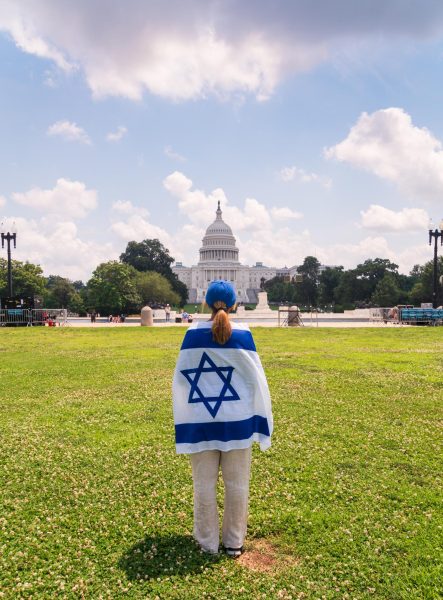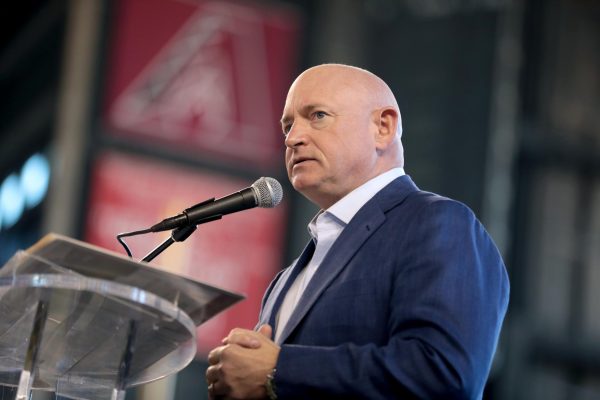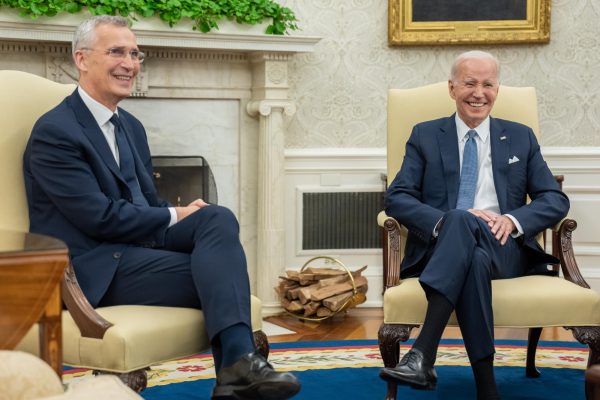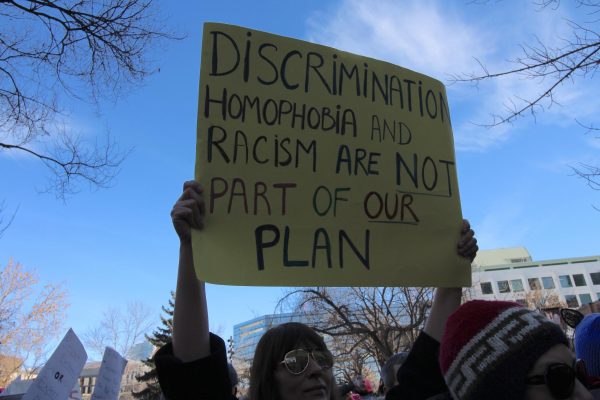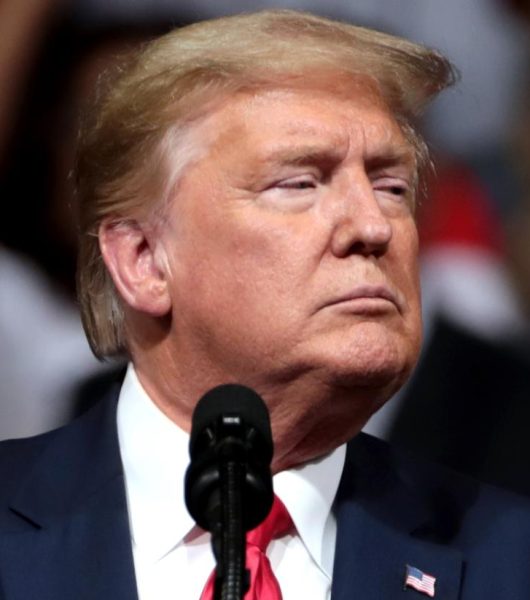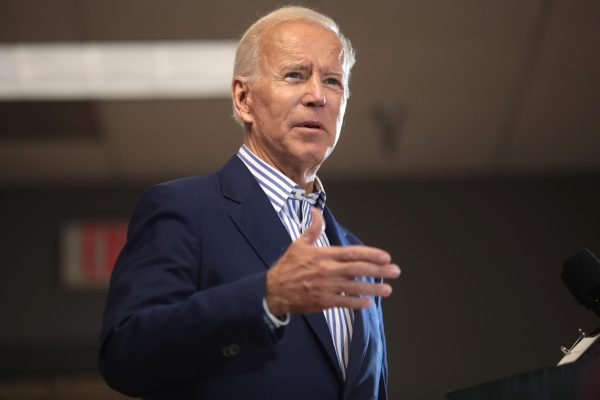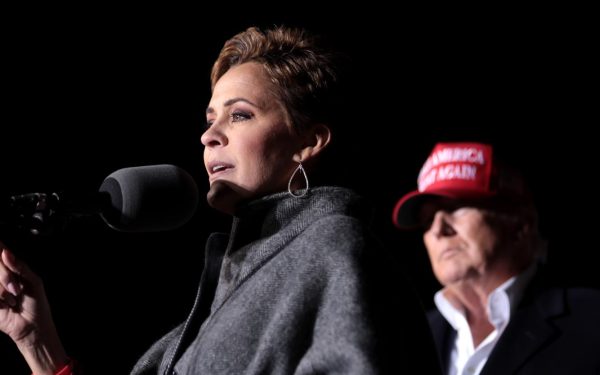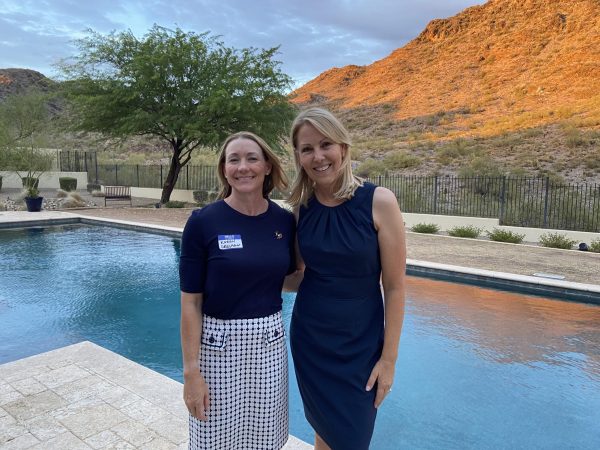Turkey’s political uncertainty despite secular history
Courtesy of Christopher/Flickr
Entrance to Isanbul University in Turkey
March 4, 2018
With the privileges of being a transcontinental country, Turkey’s cultural and religious diversity is often overclouded by the country’s political uncertainties.
Despite being bordered by Arabic countries, Turkey does not speak Arabic as an official language. In fact, an archived research conducted by BCC News in 2014 found that 91% of the country’s population was speaking Turkish, with Arabic only spoken by 1.2% of the country’s population.
Turkish has been the official language of Turkey since Oct. 29, 1923, when the country was founded by its first ever president, Mustafa Kemal Atatürk.
According to a BBC News report during his early years as president of Turkey, Atatürk launched a programme of revolutionary social and political reform to modernise Turkey. These reforms included the emancipation of women, the abolition of all Islamic institutions and the introduction of Western legal codes, dress, calendar and alphabet, replacing the Arabic script with a Latin one. Abroad he pursued a policy of neutrality, establishing friendly relations with Turkey’s neighbours.
The establishment of Kurdistan Workers Party (PKK) in the late 1970s and according to several reports including a 2014 report from CNN–this the catalyst for the roots of conflict between the Turkish government and Kurdish people who account for 19% of the country’s population, according to CNN.
When interviewed by BBC News in 2016, PKK military leader, Cemil Bayik said their fight was not intended for creating a separate state from Turkey.
“We want to live within the borders of Turkey on our own land freely. The struggle will continue until the Kurds’ innate rights are accepted,” Bayik said.
Apart from continuing political uncertainty in the country, Altug Caran, a Turkish exchange student at Mesa Community Colleges says a lot of misconceptions are made about Turkey.
Caran says he receives a lot of questions about women wearing hijabs or burqas in Turkey.
“What about Turkey that every woman should cover their heads before going Turkey? It is not like that, Saudi Arabia and Iran are like that. They are secular Islamic states, everybody can do whatever they want,” Caran said.
Turkey has been considered a secular country since 1923. For many years wearing burqas or hijabs a job in public was actually banned because it was against a secular system.
However, at least for now, this rule is flexible because of Republic of Turkey President Recep Tayyip Erdogan’s political stance.


